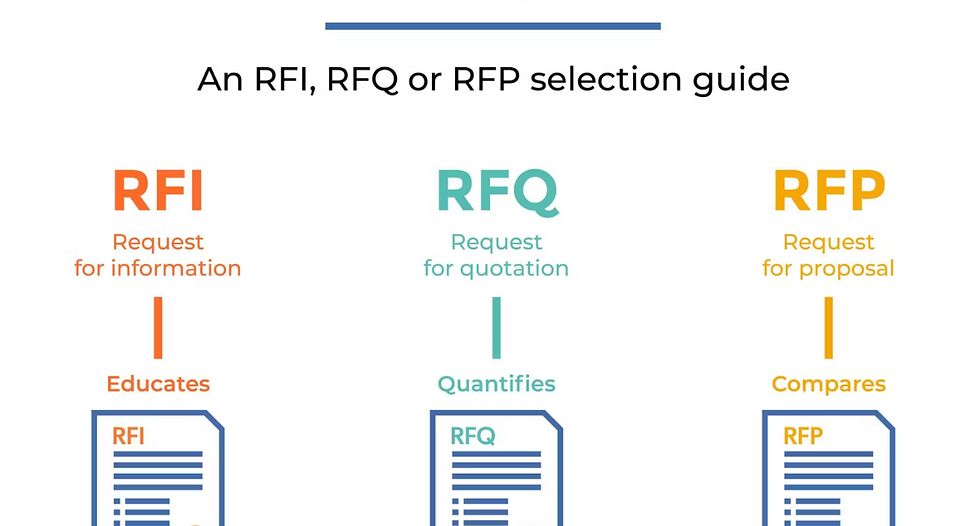Bonding & Insurance Basics for Public Work
- South Florida Business Association
- Oct 7, 2025
- 2 min read

You can have the best crews, the sharpest pricing, and the cleanest proposal—but if your bonding and insurance aren’t in place, you’ll never touch public contracts. For cities, counties, and states, financial protection is just as important as technical skill.
Here’s the breakdown every small firm needs to understand:
1. The Three Bonds That Matter
Bid Bond – Guarantees you’ll honor your bid if awarded.
Performance Bond – Guarantees you’ll finish the job as promised.
Payment Bond – Protects subcontractors and suppliers by ensuring they’ll be paid.
Without these, you can’t even get in the door on most public jobs.
2. Insurance Certificates Aren’t Optional
Most agencies require:
General liability (often $1M–$2M).
Workers’ compensation.
Auto liability (if equipment is used).
Your Certificate of Insurance (COI) has to match their exact requirements. Miss a line item, and your award can vanish overnight.
3. How to Grow Your Bonding Capacity
Keep clean, updated financials. Sureties want to see stability.
Communicate often with your bond agent don’t only call when bidding.
Limit open jobs so your bonding line doesn’t get overextended.
Think of your bonding agent like a banker: the more they trust your numbers, the more capacity they’ll approve.
4. The Hidden Goldmine: Bid Tabs
After every bid opening, agencies publish “bid tabs” a breakdown of who bid what. These aren’t just scoreboards; they’re intelligence reports. Reviewing them shows you how competitors price, where you can tighten margins, and which projects are worth chasing.
Bonding and insurance aren’t glamorous, but they’re deal-breakers in public work. Get your paperwork tight, treat your surety like a partner, and mine bid tabs for strategy. Do that, and you’ll move from “nice try” to “notice of award.”
Want to shortcut the process? Grab the Bid Me Right Kit: Your Contracting Jumpstart it includes templates and checklists to get your bids (and your bonding) right the first time.
.png)



Comments